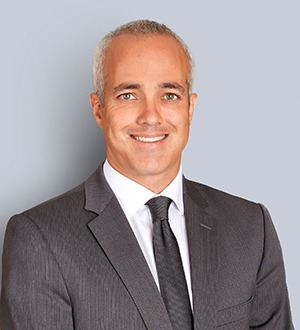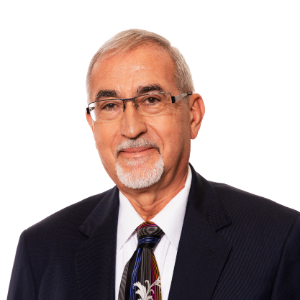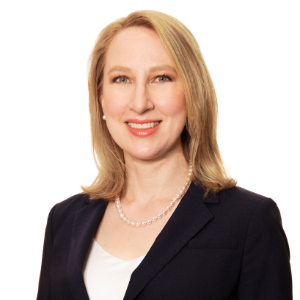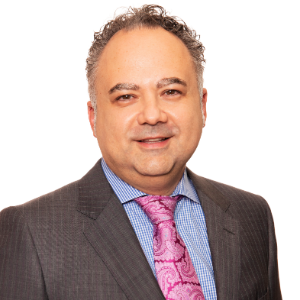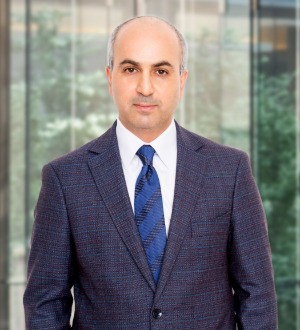Best Lawyers in Ontario, Canada for Franchise Law
Practice Area Overview
Franchising is a long-term legal and commercial relationship in which one party (the “franchisor”) grants another party (the “franchisee”) the right to sell products or services using the franchisor’s trademark(s), business systems and processes, in accordance with standards, policies and specifications prescribed by the franchisor, in exchange for certain up-front and ongoing fees and royalties. Franchise law is concerned with the structuring, development, maintenance and regulation of that relationship.
Franchising is regulated in Canada at the provincial level. Currently, five Canadian provinces have franchise legislation in place: Ontario, Alberta, Prince Edward Island, New Brunswick and Manitoba. While there are slight differences in the legislative and regulatory requirements of each province, they all contain the following basic elements:
- The requirement of the franchisor to deliver to each prospective franchisee a franchise disclosure document (or “FDD”) that includes all material facts, including the detailed requirements set out in the relevant provincial regulations, at least 14 days before the franchisee signs the franchise agreement or pays any money (the failure of which affords the franchisee powerful statutory remedies, including rescission);
- A duty of fair dealing that applies to both the franchisor and franchisee in their performance and enforcement of the franchise agreement; and
- A right of franchisees to associate with one another, without interference or punishment by the franchisor.
Franchise lawyers typically assist in the preparation and delivery of FDDs (or the review of FDDs prepared by others on behalf of prospective franchisees), the interpretation and enforcement of franchise agreements and related contracts, and the resolution of disputes among franchisors, franchisees, and other affected parties. They also provide strategic advice on all aspects of the franchise relationship. In some jurisdictions, such as the United States, franchisors are required to register and to file their FDDs with government regulators – franchise attorneys routinely assist with that process, as well.
Franchise lawyers are also regularly called upon to advise on various areas of substantive law, including contract, trademark and corporate law, secured transactions and leasing, as well as any specific laws governing the particular industry in which the franchised business operates – from food safety and handling, to transportation, to petroleum distribution. The franchise business model operates in virtually all sectors of the economy, and franchise lawyers must be prepared to advise their clients in all of these areas as part of a broad and multi-faceted business law practice.
Select a city from the list below to find the best legal talent for your needs.
Cities
Lawyers who have a subscription to profiles appear first.
Would you like to claim your lawyer profile?
Contact UsOur Methodology
Recognition by Best Lawyers is based entirely on peer review. Our methodology is designed to capture, as accurately as possible, the consensus opinion of leading lawyers about the professional abilities of their colleagues within the same geographical area and legal practice area.
The Process
Best Lawyers employs a sophisticated, conscientious, rational, and transparent survey process designed to elicit meaningful and substantive evaluations of the quality of legal services. Our belief has always been that the quality of a peer review survey is directly related to the quality of the voters.



